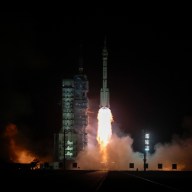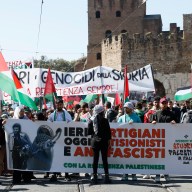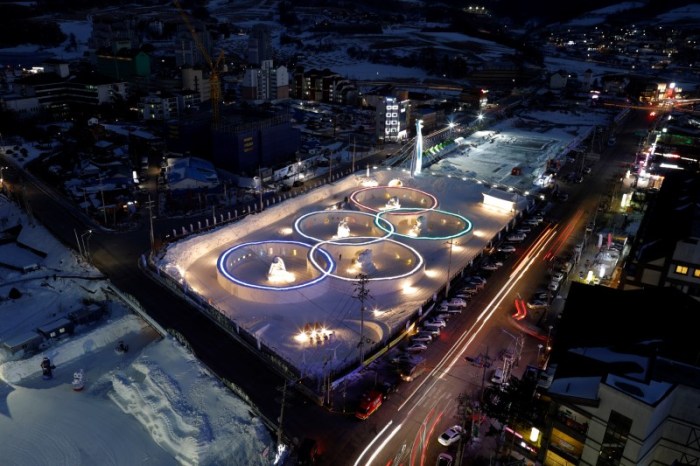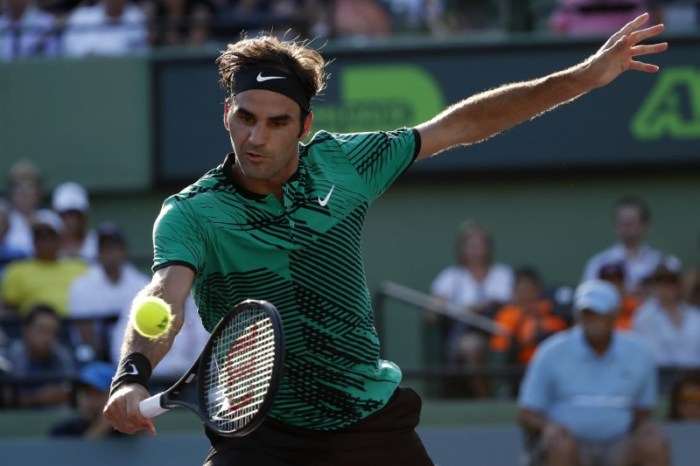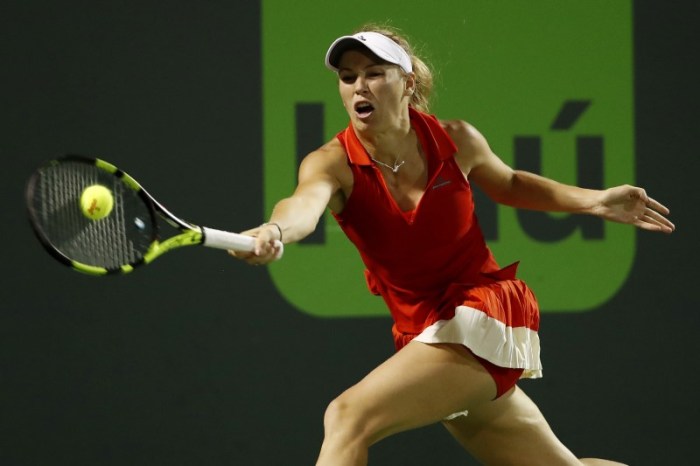By Andrew Osborn
MOSCOW (Reuters) – Having your athletes barred from the Olympics because your government stands accused of systematically covering up doping would trigger a political firestorm in many countries, hurting the standing of the person at the top. But in Russia, months away from parliamentary elections at a time of economic crisis, President Vladimir Putin and his allies have deftly deflected the blame by passing it off as a Western Cold War-style plot to sabotage Russia’s international comeback. The latest crisis over doping is too fresh to have yet been reflected in opinion polls. But even if it tarnishes one of the showpieces of Putin’s legacy — hosting the 2014 winter Olympics — pollsters predict the scandal is unlikely to hurt him much. “It (the doping scandal) will have no bearing on his popularity. It’s not a question of logic,” Stepan Goncharov, of the Levada Center, an independent pollster, told Reuters.
Levada’s latest survey, conducted in June, gave Putin an approval rating of 81 percent, down from its peak last year of 89 percent, but still stratospheric by Western standards.
“Voters don’t link domestic problems, such as those with the economy, to Putin,” said Goncharov. “For them it’s other people who are to blame.”
Putin, who cast his hosting of the 2014 Sochi winter Olympics as a $50 billion symbol of Russia’s success under his leadership, complained this week of what he called a dangerous return to Cold War style political interference in sport. Likening the situation to the 1980s when Moscow and Washington boycotted one another’s Olympics, Putin inferred that the doping scandal, which has already cost Russia’s track and field athletes their place at the Rio Olympics and could yet see the whole team barred, was a political hit job. “Yes, this intervention takes different forms today, but the essence remains the same,” Putin said in a statement. “To make sport an instrument for geopolitical pressure and use it to form a negative image of countries and peoples.” Was the United States’ doping agency trying to “dictate its will to the entire world?” he wondered aloud.
Blaming the West is an approach the Kremlin has rolled out when faced with serious international allegations before, be it over Crimea’s annexation, the shooting down of a Malaysian passenger plane or charges of meddling in eastern Ukraine. The tactic succeeds by tapping into Russians’ patriotism, and makes Putin, seen by many voters as a Tsar-like father-of-the-nation figure who has brought their country back from the brink, almost bullet-proof when it comes to scandal. State TV, where some 80 percent of Russians still get their news, parrots the Kremlin’s line and mostly excludes dissenting voices. The small liberal opposition is marginalized and mocked.
But whilst Putin’s poll rating may be artificially boosted by these factors, independent pollsters say a majority of Russians really do back him, crediting him with restoring the country’s dignity after the chaotic Soviet collapse. Sport has been a big part of that.
RESURGENT RUSSIA
Putin, a keen judo and ice hockey practitioner, has long tied his own image and that of the country to Russia’s sporting prowess, putting his personal imprimatur on the 2014 Sochi winter Olympics. Next up, Russia hosts the soccer World Cup in 2018, the biggest global sporting event after the Olympics, in the shadow of a corruption scandal engulfing soccer governing body FIFA. Russia strongly denies it paid bribes to secure the tournament. Putin said such accusations were also a Western plot, and former FIFA boss Sepp Blatter, forced out after being banned in an ethics probe, should be awarded the Nobel Peace Prize. The Kremlin portrayed the Sochi Olympics, where Russia won the biggest haul of medals, as a sign the nation was on the rise.
Older voters recall the Soviet Union’s hosting of the 1980 Moscow Olympics with nostalgia and in recent years Kremlin-backed films and TV programs have idolized Soviet sportspeople from ice hockey players to gymnasts. But accusations from the World Anti-Doping Agency, underpinned by testimony from at least three whistle blowers, that the Russian government and the FSB security service have been systematically covering up the positive doping results of Russian athletes for years, including at Sochi, taint all that. “The symbolic damage will be great,” said Professor Sergei Medvedev from Moscow’s Higher School of Economics. The Sochi games, along with the annexation of Ukraine’s Crimea, are seen inside Russia as the main achievement of Putin’s reign, he said. “This steals Putin’s greatest victory,” said Medvedev.
Yet the Russian mentality, voters’ attitude to those who rule them, and the way the political system is structured all mean Putin has little to fear, he said.
“Forget the Western rationale of politics. That a politician gains or loses popularity due to some internal circumstances or because of his policies,” said Medvedev.
“Putin is ruling because he is a Tsar, in the spirit of traditional Russian paternalism. For Russians, he’s like the father figure in a family. Whatever happens, the legitimacy of a father cannot be undermined.” Russians will swallow the Western plot theories because it’s less painful than the truth, Dmitry Glukhovsky, a well-known Russian writer, wrote in an article he posted on social media.
“In order to cover up the lie, they will lie to us even more,” he wrote. “And we will believe the lies because it’s easier that way and because we can’t do anything else. Our furious despairing desire not to hear the truth will prevent us from regenerating.” (Editing by Peter Graff)






